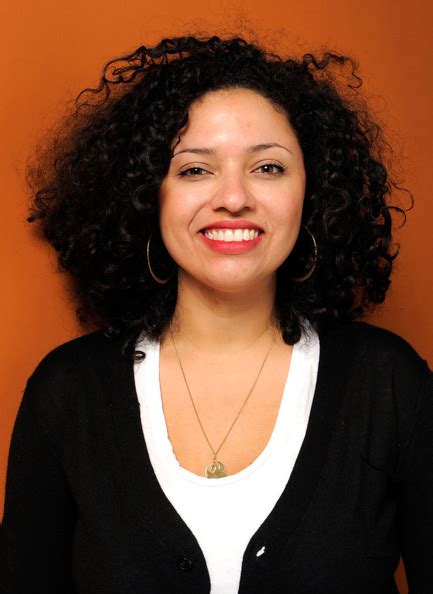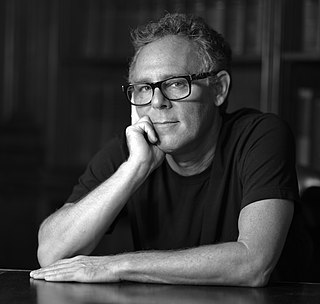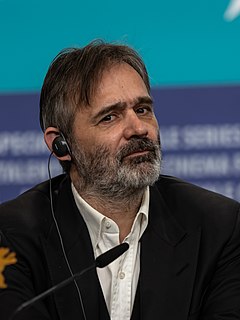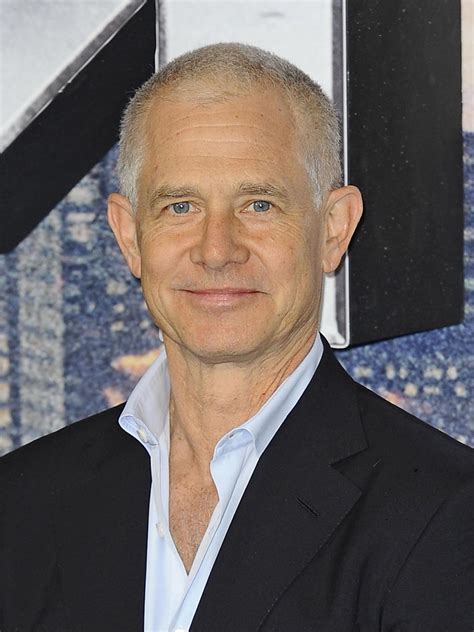A Quote by Reginald Hudlin
There was a period that black film had no chance of making it in Hollywood. So, people just made the made the statements that they wanted to make. Whether it was a science fiction film or whatever, b/c they were just making movie for themselves. Then there was a period where people were creating projects as their Hollywood audition 'pieces'. I feel that today we are moving back to the era where we all have our own voices.
Related Quotes
If you take a movie like Easy Rider which everyone counts as the beginning of New Hollywood, that is a big movement. And then, when you really dissect that film and the people that were behind that movie, you realize that it has Roger Corman written all over it. Easy Rider is a hybrid film, taking The Trip and The Wild Angels and making a new explosion. And the people that were making it, guess what, they were all [people who had worked with Roger Corman].
Back in the Bruce Lee era, and in my era, Kung-Fu stirred up a kind of frenzy, and many people were learning martial arts from us. But about a decade ago, Hollywood began bringing in a number of our action choreographers, including two from my own stunt crew, where they became martial arts directors. Now, a decade later, Hollywood has learned it all, so when you look at the action films they're making now, they all use our action, our martial arts, and then add to that their own technology which is ten times better than ours, and it has to leave us dumbfounded: how did they film that?
Pretty early on in making the first movie I realized that this is what I wanted to do. I felt like by that time I just found my niche, like this is what I was supposed to be doing. So I completely submerged myself into the world of watching movies, making my own movies, buying video cameras and lights. When I wasn't making a movie, I was making my own movies. When I wasn't making movies, I was watching movies. I was going back and studying film and looking back at guys that were perceived as great guys that I can identify with. It just became my life.
I wanted to be a playwright in college. That's what I was interested in and that's what I was moving toward, and then I had the lucky accident of falling in love with film. I was 19 or 20 that I realized films are made by people. Shooting digitally became cheaper and better. You couldn't make something that looked like a Hollywood film, but you could make something through which you could work out ideas. I was acting, but I was also conceiving the plots and operating the camera when I wasn't onscreen. I got very unvain about film acting, and it became a sort of graduate school for me.
People talk about Hollywood as a myth, but in reality, when you make Icelandic movies and you want to get them distributed in the U.S., you're not really working with Hollywood. The movies I've been making, the first one I made, I made it with Working Title, but it was financed through Universal, so it became a Hollywood production.
I doubt that there are many screenplays of movies that either of us have seen over the past 10 years that were first drafts, or were the work of purely one person. In my world, the actors and the director are all made of paper, and they do exactly what I say. I feel much more in control of the finished work. I feel like the statement that I'm making - even though it's in a medium by no means as glamorous or as widely recognized as film - is at least the statement that I wanted to make. That's a lot more important to me than the allure of working for Hollywood.






































